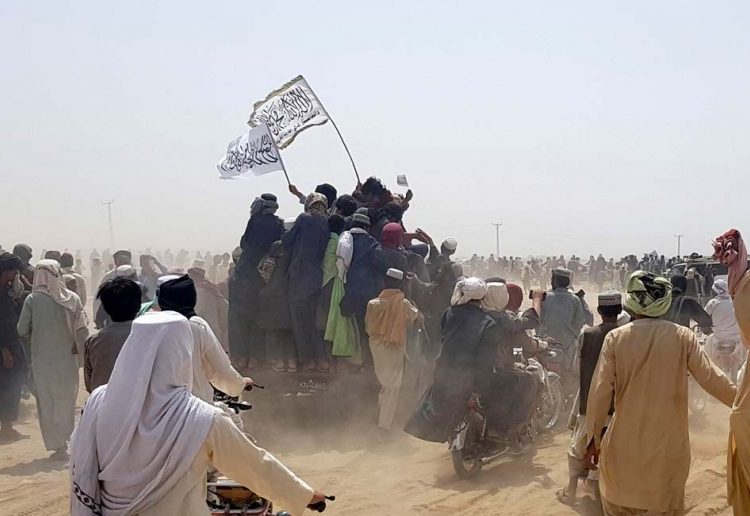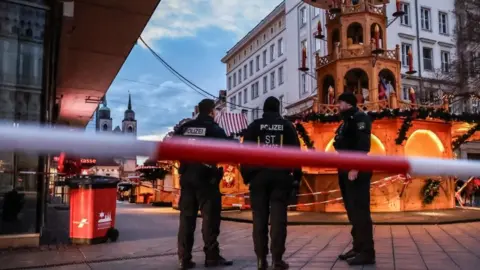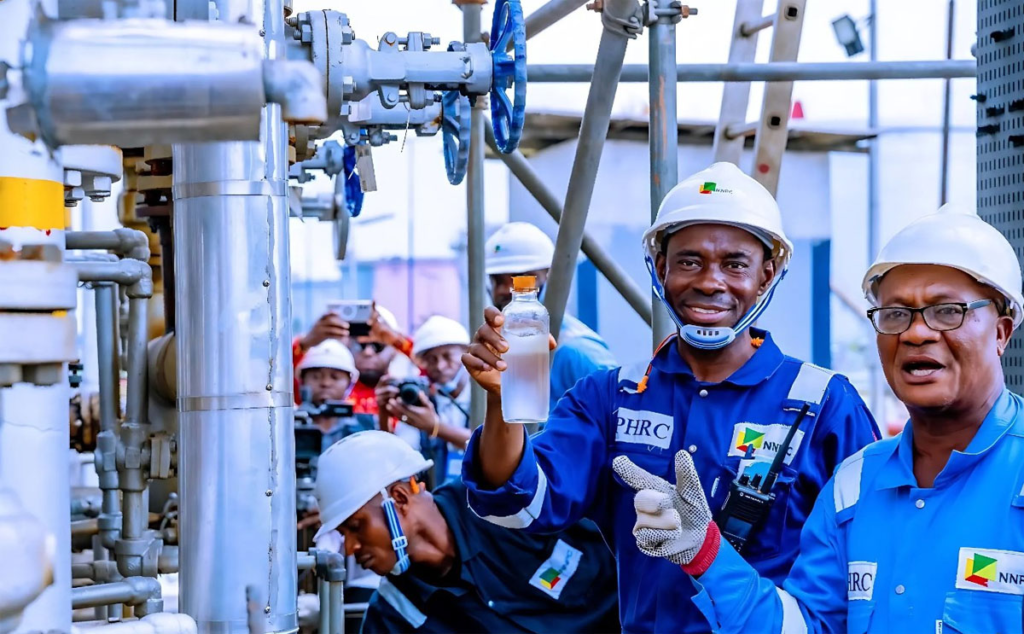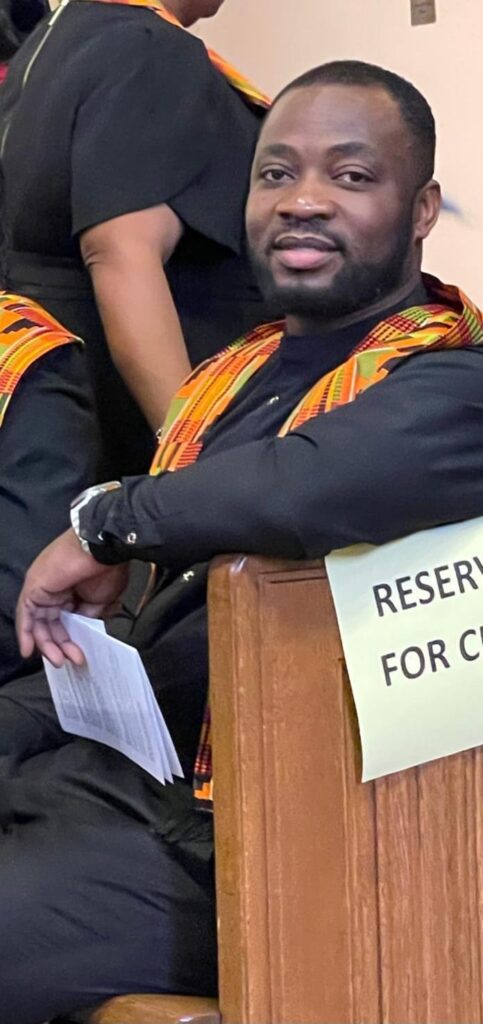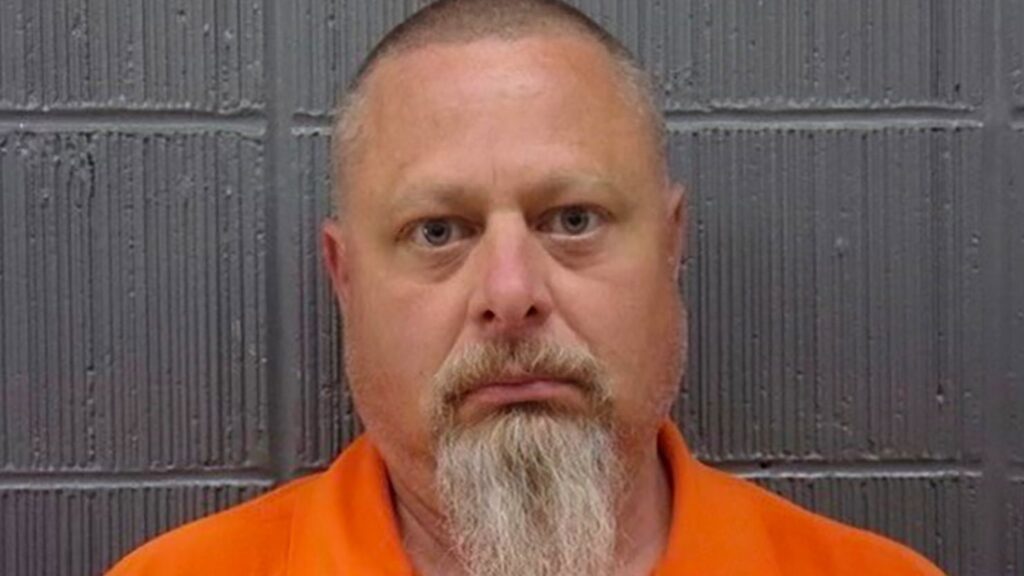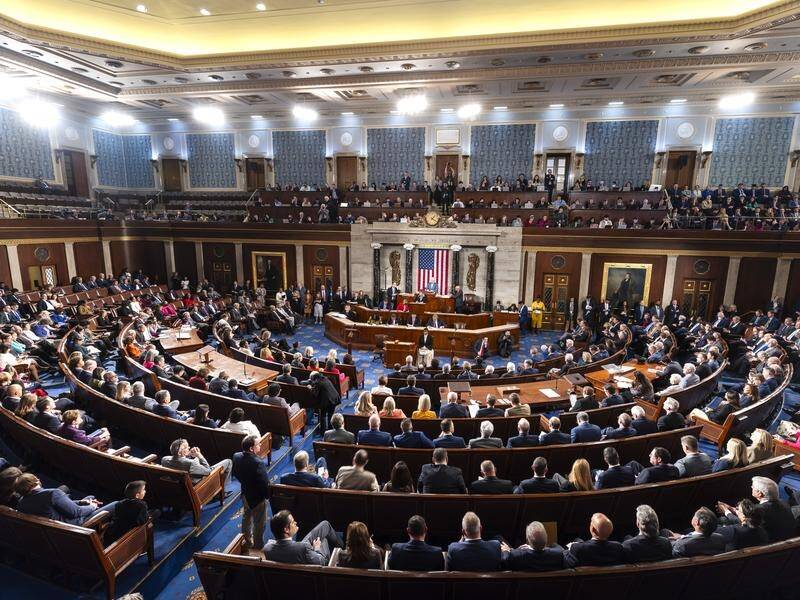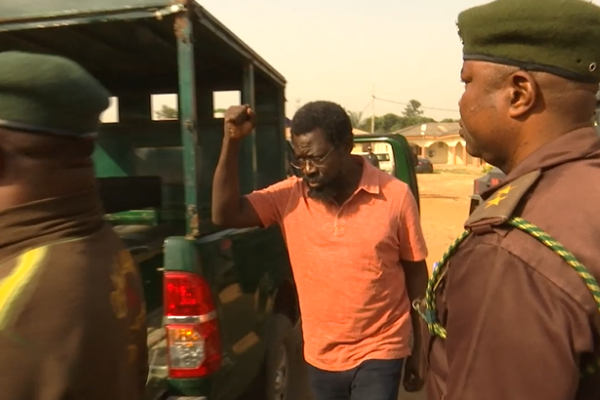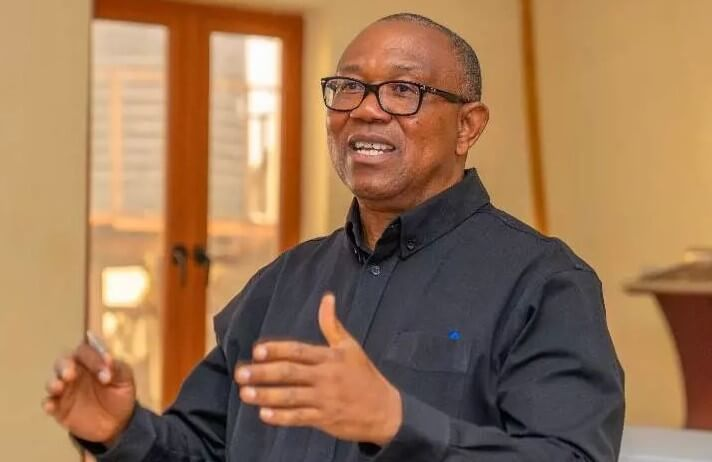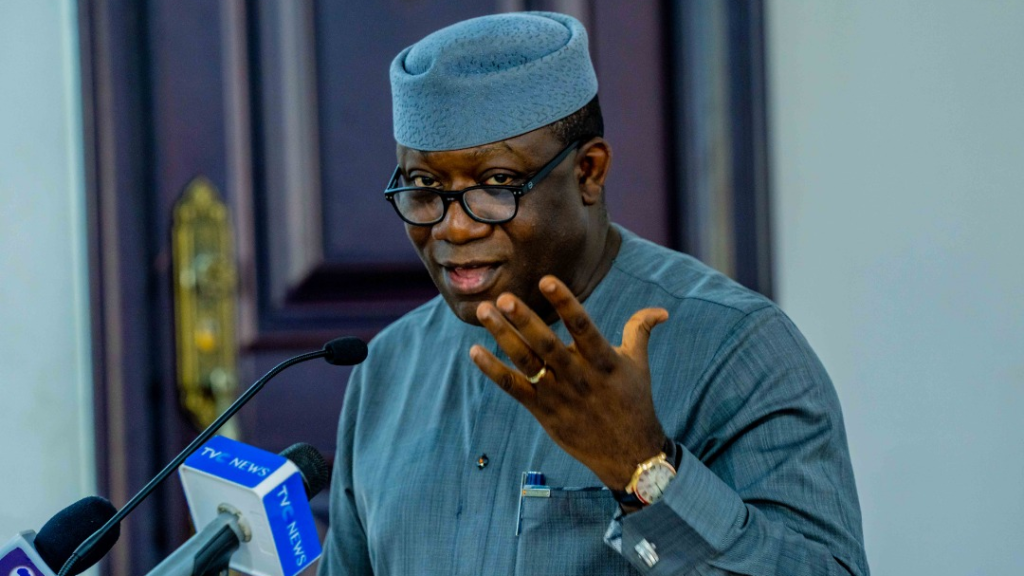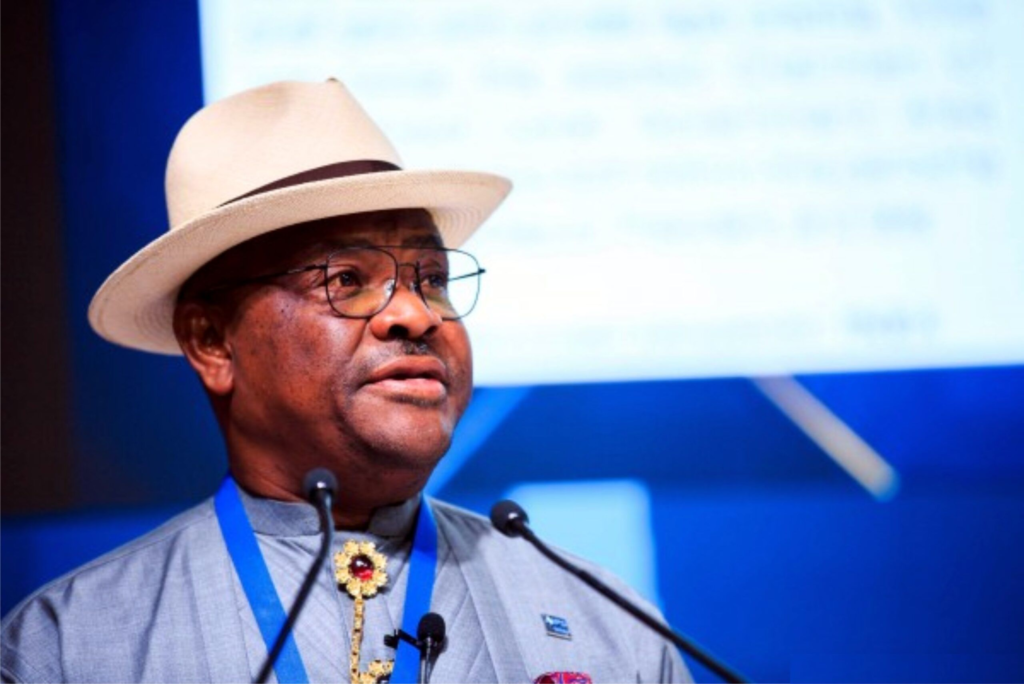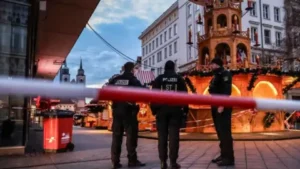Afghan forces battled to stop a first major city from falling to the Taliban as the United States and the United Kingdom accused the group of “massacring civilians” in a Kandahar town they recently captured near the Pakistan border.
“The Taliban massacred dozens of civilians in revenge killings. These murders could constitute war crimes,” the embassies of Washington and London said in separate tweets on Monday regarding the alleged atrocities committed in Spin Boldak.
“The Taliban’s leadership must be held responsible for the crimes of their fighters. If you cannot control your fighters now, you have no business in governance later.”
Suhail Shaheen, a Taliban negotiating team member based in Doha, told Reuters news agency that tweets containing the accusations were “baseless reports”.
The US and UK diplomatic condemnations come after Afghanistan’s Independent Human Rights Commission also said Taliban fighters had indulged in revenge killings in Spin Boldak.
“After taking over Spin Boldak district, the Taliban chased and identified past and present government officials and killed these people who had no combat role in the conflict,” the group said, adding at least 40 people had been killed by the Taliban.
Afghan security forces start operations against Taliban around Torkham border point between Afghanistan and Pakistan in Nangarhar province, Afghanistan [Anadolu Agency/Getty Images]
Meanwhile, Taliban fighters continued to assault at least three provincial capitals – Lashkar Gah, Kandahar and Herat – after a weekend of heavy fighting that saw thousands of civilians flee.
The war has intensified since early May, with the Taliban capitalising on the final stages of the withdrawal of the US-led foreign forces after almost 20 years in the country.
Fighting continued in the southern Afghan city of Lashkar Gah overnight as Afghan forces beat back a fresh assault from the Taliban.
“Afghan forces on the ground and by air strikes repelled the attack,” the military in Helmand said.
Resident Hawa Malalai told the AFP news agency that there was a growing crisis in the city: “There is fighting, power cuts, sick people in hospital, the telecommunication networks are down. There are no medicines and pharmacies are closed.”
Medical charity Doctors Without Borders (Medecins Sans Frontieres, or MSF) said casualties were mounting in Lashkar Gah.
“There has been relentless gunfire, air strikes and mortars in densely populated areas. Houses are being bombed, and many people are suffering severe injuries,” said Sarah Leahy, the aid group’s coordinator for Helmand, in a statement.
Helmand for years was the centrepiece of the US and British military campaign in Afghanistan – only for it to slip deeper into instability.
The loss of Lashkar Gah would be a massive strategic and psychological blow for the government, which has pledged to defend provincial capitals at all costs after losing much of the countryside to the Taliban over the summer.
Fighting also surged in some districts of Kandahar province, the former bastion of the Taliban, and on the outskirts of its capital.
In the west, hundreds of commandos were also defending Herat after days of fierce fighting.
Kabul has repeatedly dismissed the Taliban’s steady gains over the summer as lacking strategic value, but has largely failed to reverse their momentum.
The capture of any important city by the Taliban would take their current offensive to another level and fuel concerns about the ability of the Afghan military.
The Taliban has seized Afghan cities in the past but has retained them only briefly.
Afghanistan’s President Ashraf Ghani blamed the country’s deteriorating security on the US deciding “abruptly” to withdraw its troops.
Presenting his security plan before parliament on Monday, Ghani said the situation in the war-torn nation will be “under control within six months”, adding that the US has pledged its full support.
“The reason for our current situation is that the decision was taken abruptly,” he told parliament, adding he had warned Washington the withdrawal would have “consequences”.
The president added that “protection of the people” is a duty he will maintain.
Al Jazeera’s James Bays, reporting from Kabul, said while Ghani was addressing the security problems in the country, he was “not really talking about solutions”, causing concern among members of the international community.
“We have not heard a detailed plan … I’ve spoken to many members of the international community and diplomats here [Kabul], who are concerned,” Bays said.
“They believe the president really does need to set out a plan – not only a plan in order to execute it, to solve the military problems on the ground, but also because they say the Afghan people need to hear that he has a plan because morale is slumping,” he said.
Meanwhile, the US said it will take in thousands of more Afghan refugees as violence surged across the country.
“In light of increased levels of Taliban violence, the US government is working to provide certain Afghans, including those who worked with the United States, the opportunity for refugee resettlement,” the State Department said in a statement on Monday.
These will include current and former employees of the US-based news organisations, US-based aid and development agencies and other relief groups that receive US funding.
Current and former employees of the US government and the NATO military operation who do not meet the criteria for a dedicated programme for such workers are also covered.
Washington has already started evacuating thousands of interpreters and their families who worked with the military and embassy over the past 20 years.

